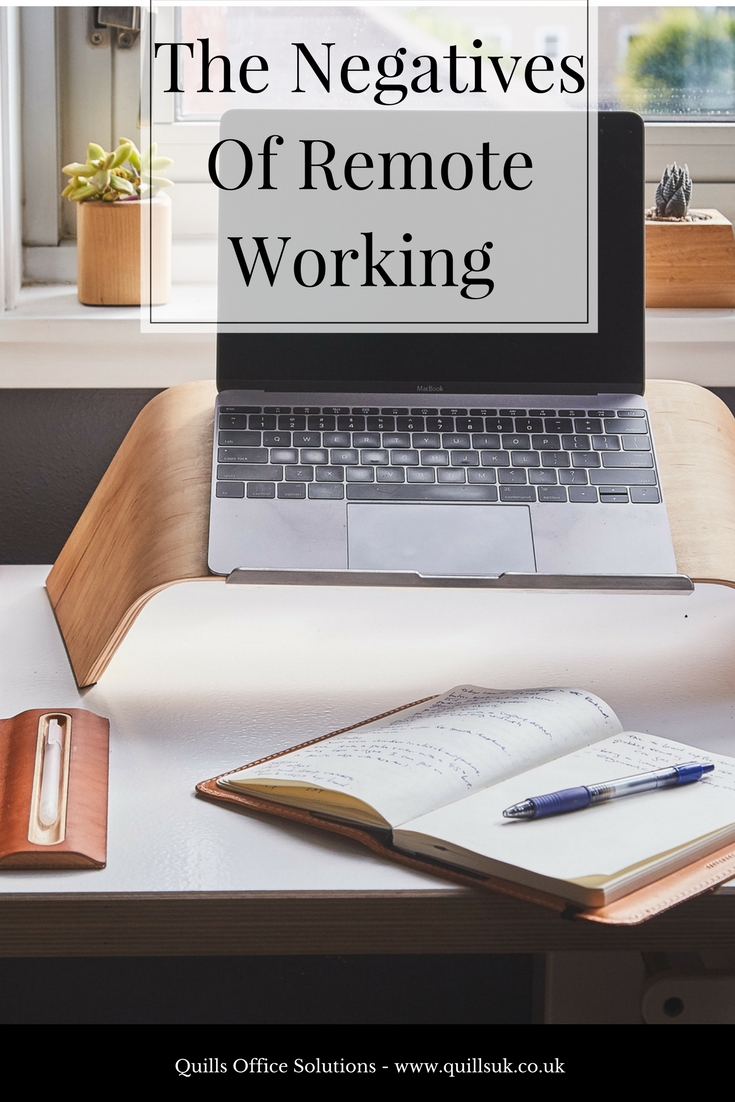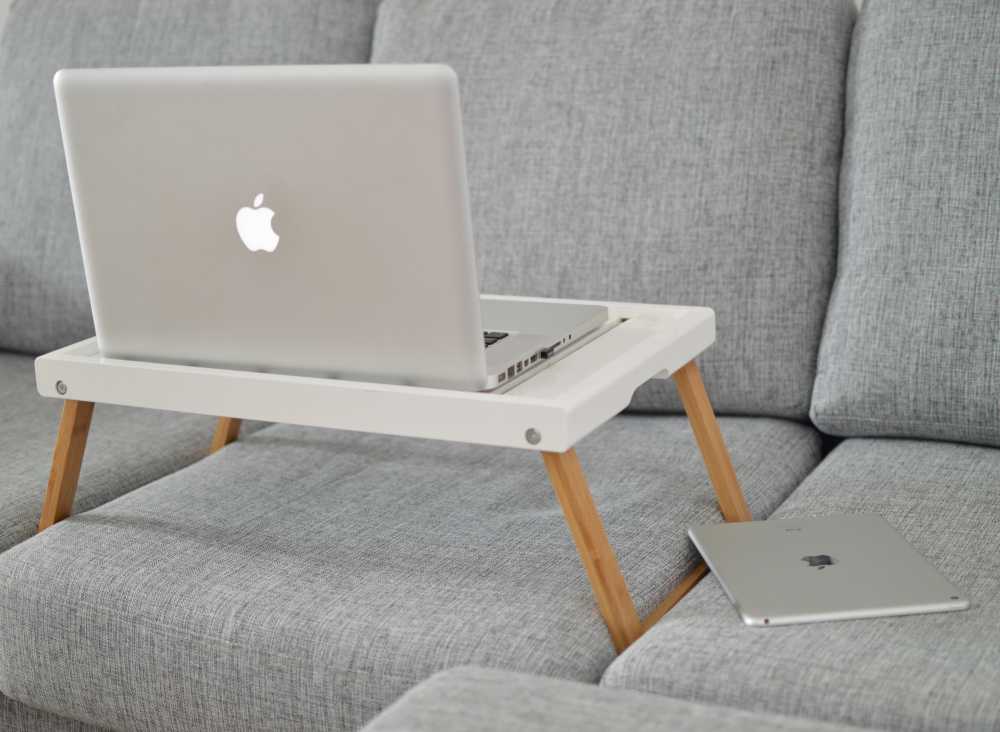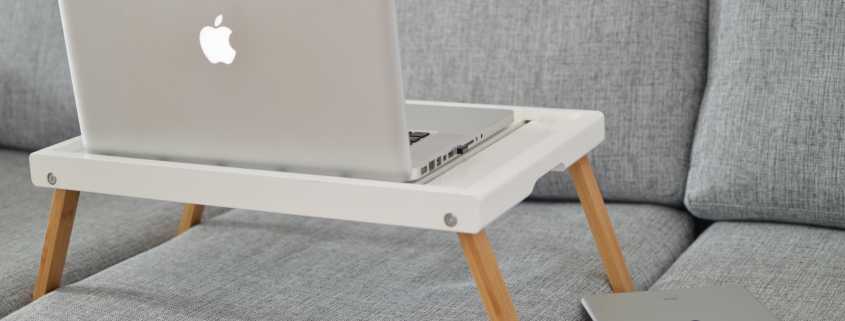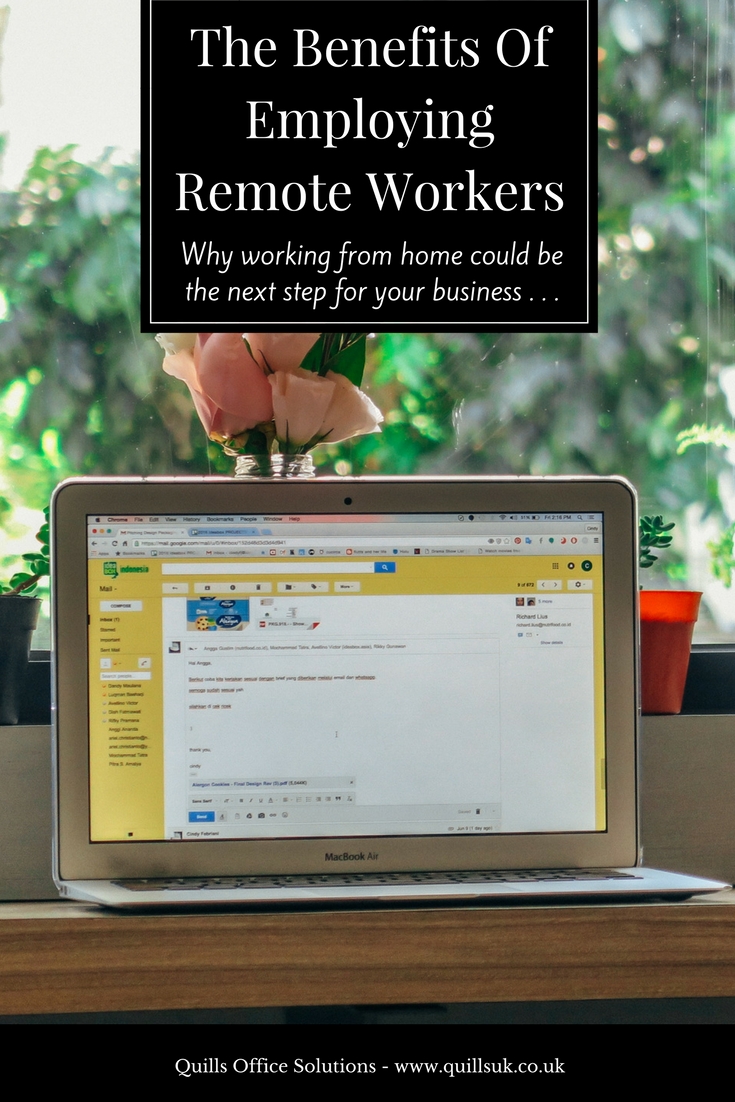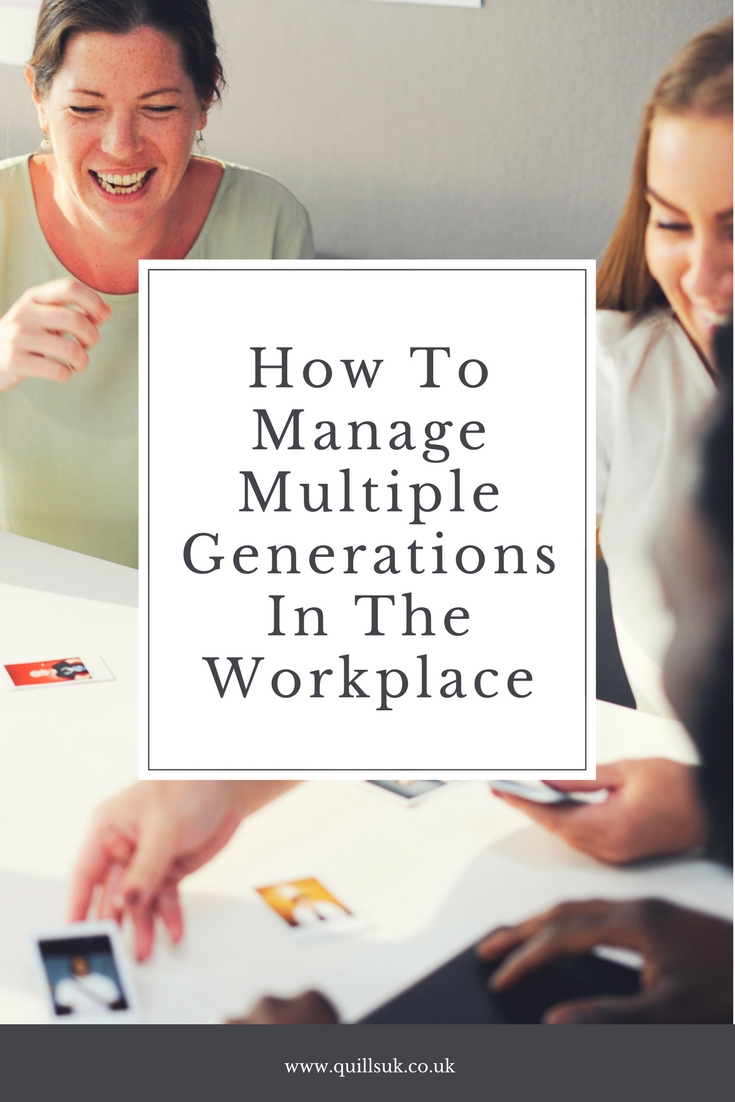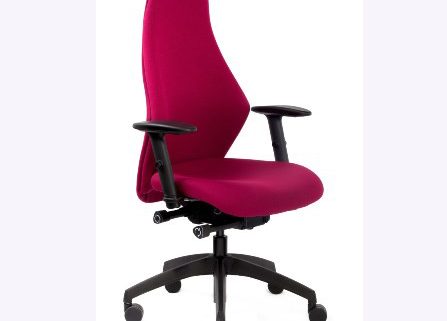Should You Let Your Employees Work From Home? The Negatives Of Remote Working
Welcome to Part 2 of our series “Should You Let Your Employees Work From Home?”. Today, we’re going to explore the negatives of remote working. If you haven’t read the first instalment, The Benefits Of Remote Working, make sure you give that a read too.
Quick summary of the WORST negatives of remote working:
- Lack of company community and culture – Employees can’t build meaningful connections with you or each other when they work remotely. Teamwork and collaboration can therefore take a big hit.
- Completely dependant on technology – Everyone has been subject to shoddy internet or random computer issues. What happens when you can’t call on your IT department to get that fixed? When an internet problem means your workforce may lose an entire day of productivity?
- Unable to monitor employees throughout the day – When in the office, managers can oversee their employees and see who’s slacking off, but it becomes far harder to monitor people working remotely. How is productivity managed? How do you know that people are even working?
- Communication barriers – While there is technology that can make communicating with people easier, remote working still poses a lot of communication barriers. People may be using different platforms at different times; there can be connection issues; information that would normally get shared organically in the office may not be shared, leaving teams at a disadvantage.
- Employees get lonely.
The Negatives Of Remote Working
While allowing your employees to work from home has a host of benefits, such as higher employee satisfaction and better employee productivity, there are some definite drawbacks. As with most things, allowing your employees to work remotely is a trade off – you’ll gain . . . but is it worth what you lose?
Collaboration becomes far more difficult
In 2013, Yahoo’s CEO, Marissa Meyer, famously shut down their telecommuting policies. Her reasoning?
“People are more productive when they’re at home – but more collaborative and innovative when they’re together.“
There are a host of reasons that communication and collaboration becomes more difficult when working remotely, but the main one comes down to: people can’t see each other. In an office environment, people build real relationships – they have conversations, they feel comfortable sharing ideas, they know each other. Collaboration is natural.
If you’re working in a remote team with people you don’t know, you’re far less likely to think “we should definitely work on that together!” or ask them for feedback.
Employees can get forgotten
When your workforce is based from home, instead of in front of you, it can be easy to overlook them. This can lead to employees feeling passed over and dissatisfied – as well as you missing out on potential.
Dependence on technology
Working remotely means depending on technology. There’s no way around it.
However, this can be a drawback. Even in an office, technology is fails. Internet connections mysteriously drop, computers glitch, servers crash. The difference is that in an office you’re surrounded by people that can help – you might even have an IT department.
Not only that, in an office you’re surrounded by coworkers and superiors. There’s usually something else that you can find to do – whether that’s admin work, a quick meeting, or just having a chance to bounce some ideas off someone. In comparison, if tech goes down when you’re at home . . . you’re a sitting duck.
Even if you aren’t the one with the technology problem, someone else being disrupted is just as harmful. What if you have an important meeting and someone’s internet won’t work? If you’re waiting on a project update from someone who’s computer keeps crashing?
Disconnected from the company culture; in turn, a lack of employee loyalty
What are things that make your employees like their jobs – your business vision? Friday 5pm happy hours? The free coffee bar? Having friends at work? Getting along well with their boss? Being able to come in, greet the office dog and have a quick chat in the morning?
People like to feel connected to their workplaces and to enjoy their company culture – notably, it’s a large part of their job satisfaction. One of the negatives of remote working is that, if your employees are at home too often, they aren’t a part of the company culture; they don’t spend any time interacting with the company outside of a screen.
Feeling disconnected can not only leave employees feeling alienated . . . it doesn’t do anything to build their loyalty to you.
Lack of communication can leave people out of the loop
You may be surprised how much information travels through your office organically.
Take a moment to think about it. How much do you learn just by having a little end-of-the-day chat? From people walking past your desk? Casually tossed ideas at the end of a meeting? Bumping into someone who happened to be somewhere and hear something they think you might like to know?
If you aren’t in the office, how does this information travel? While there are a lot of apps and programs designed for helping remote teams, nothing quite substitutes having everyone in the same room.
Results completely depend on your employees
One of the largest negatives of remote working, however, is that it’s all down to your employees. Working from home comes with a host of potential problems – distractions, lack of motivation, slacking off – that you can’t fix.
In the office, a manager can manage. You can oversee and instruct; monitor and guide. It’s up to you to put procedures in place and ensure that people follow them.
When people work from home, you have much less control. It’s up to your employees to self-manage, organise, and motivate themselves – and you may not know how well they can do this until they succeed or fail. For example: the most dedicated employee in the office may be so successful because the office environment forces them to focus; in their own environment, they may be incredibly easy to distract and unproductive.
Disrupt flow of in-office employees
Another notable drawback of allowing employees to work from home is possible disruption to the overall office workflow. If a team is working together on a project and each day someone different is missing from the office, there’s potential for a lot of miscommunication.
These are just a few of the drawbacks to allowing your employees to work from home. While there are some definite negatives and remote workers may not be the best fit for every business, we recommend you read about the benefits of remote working too.


